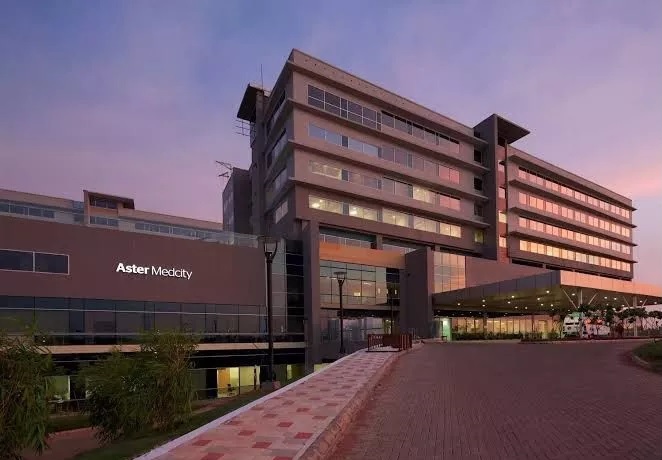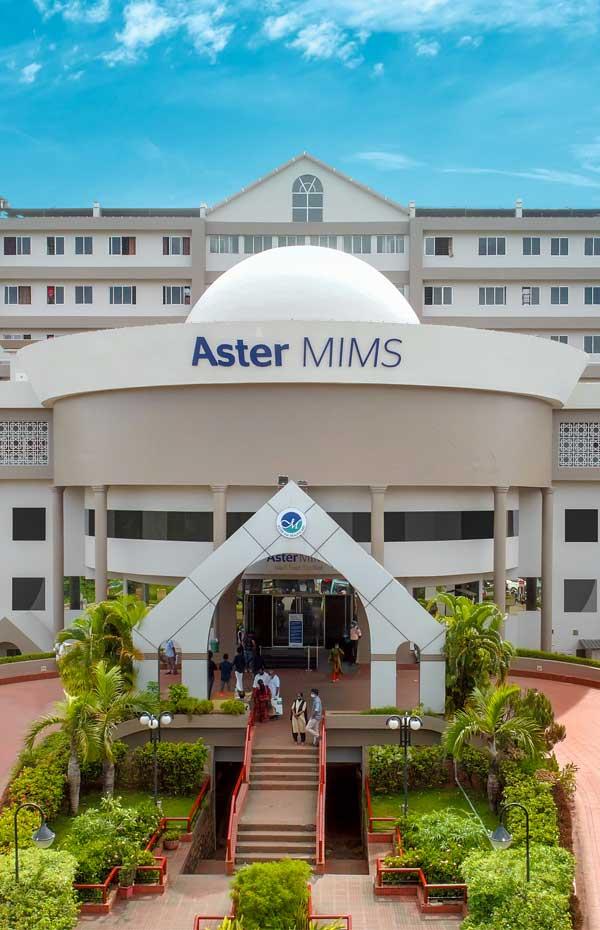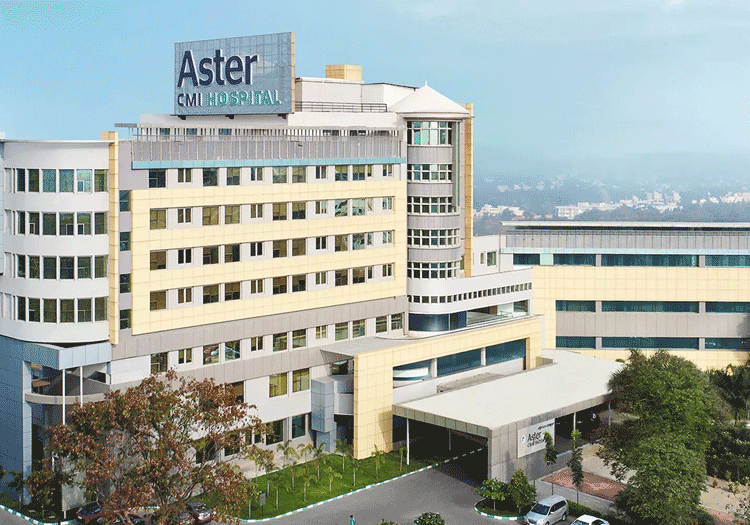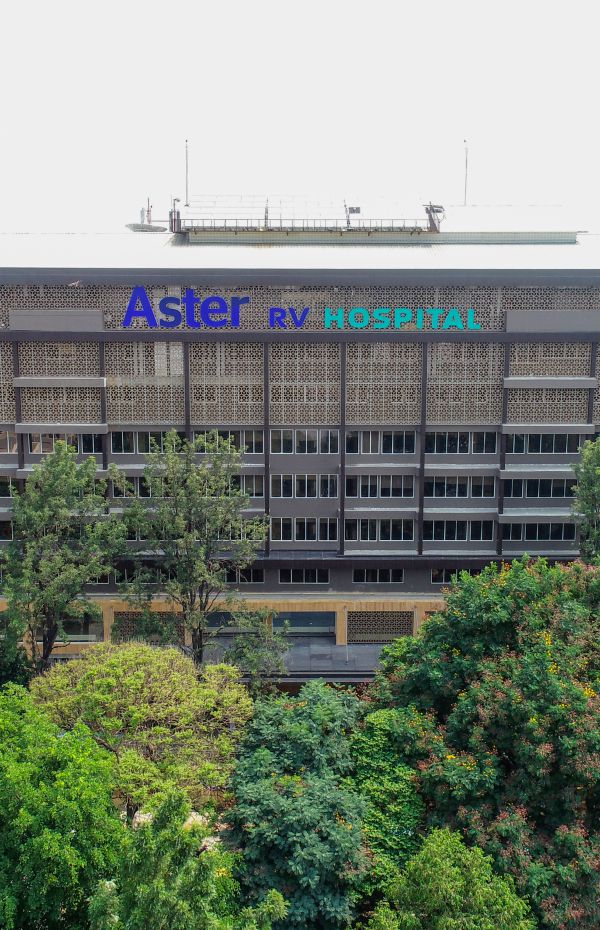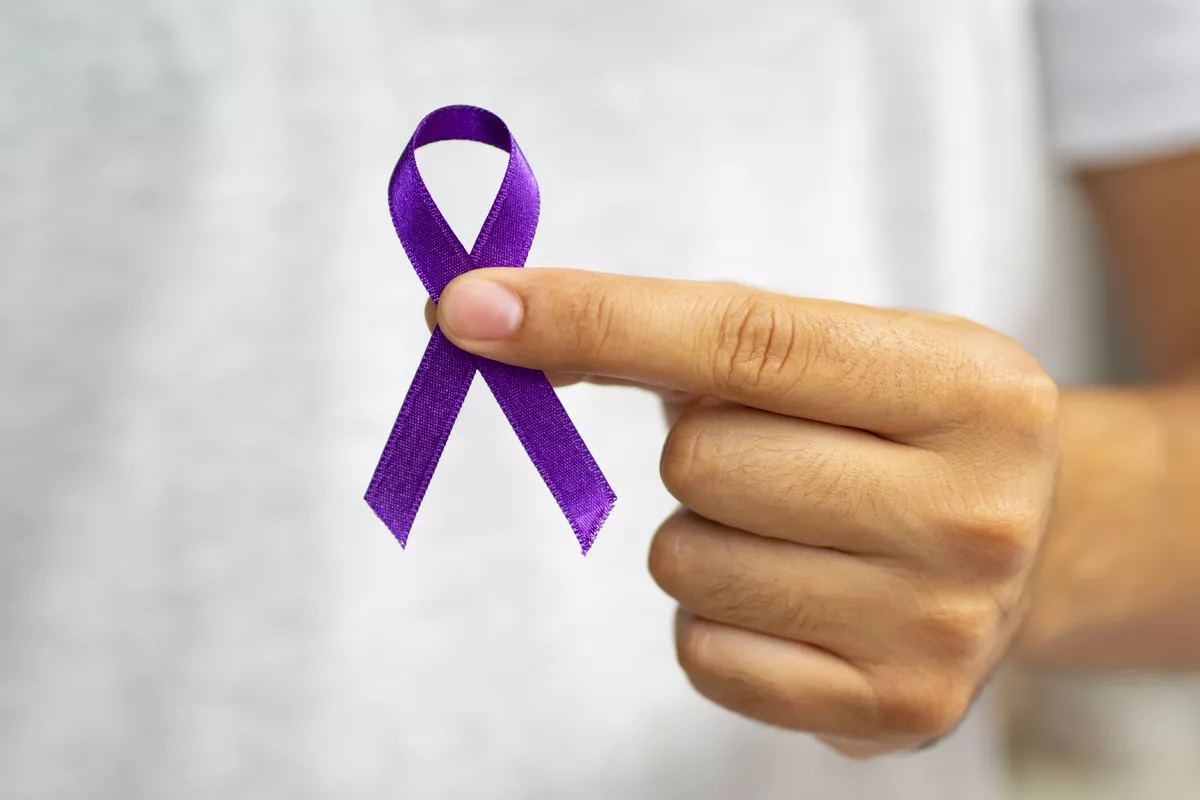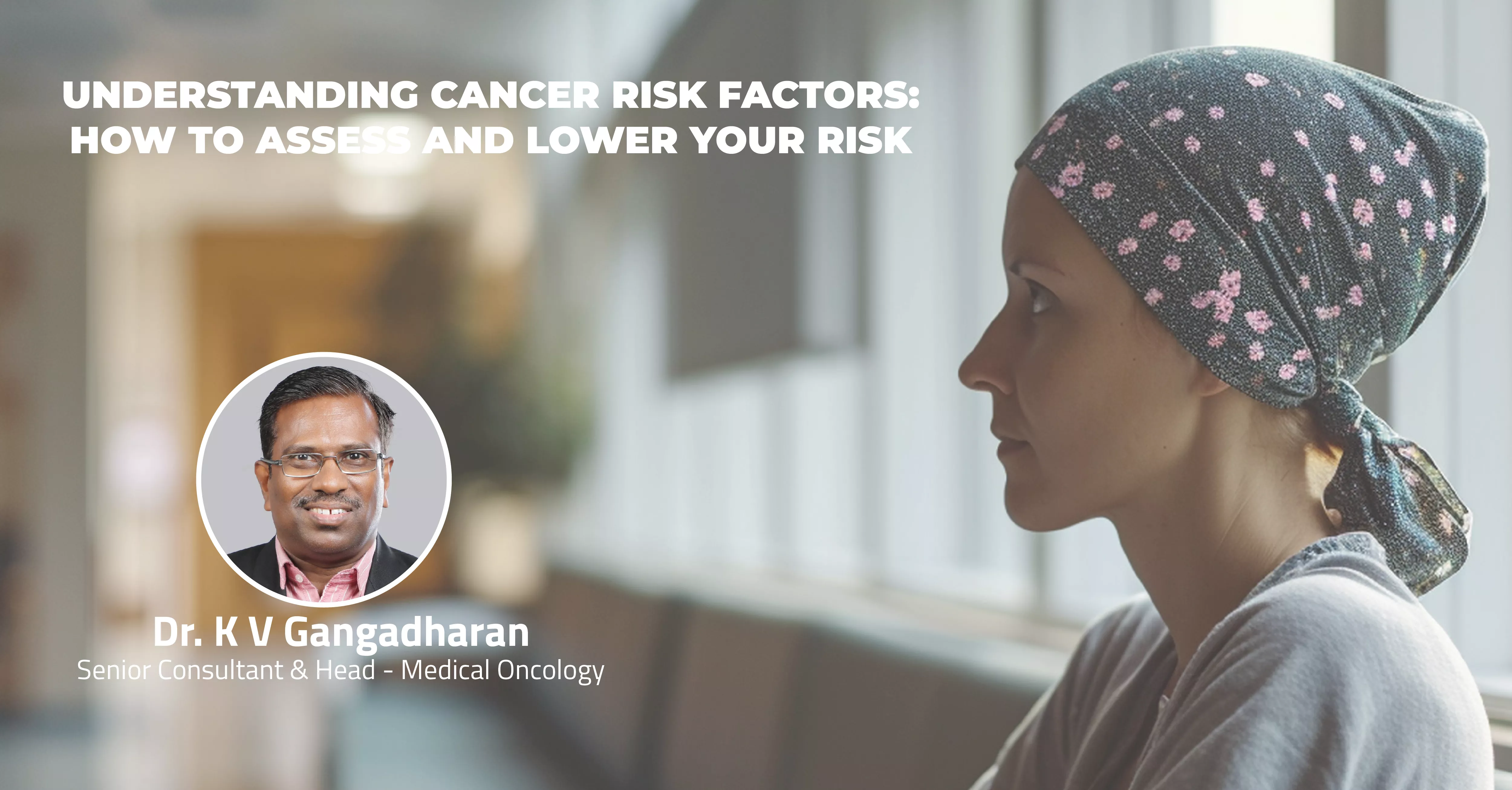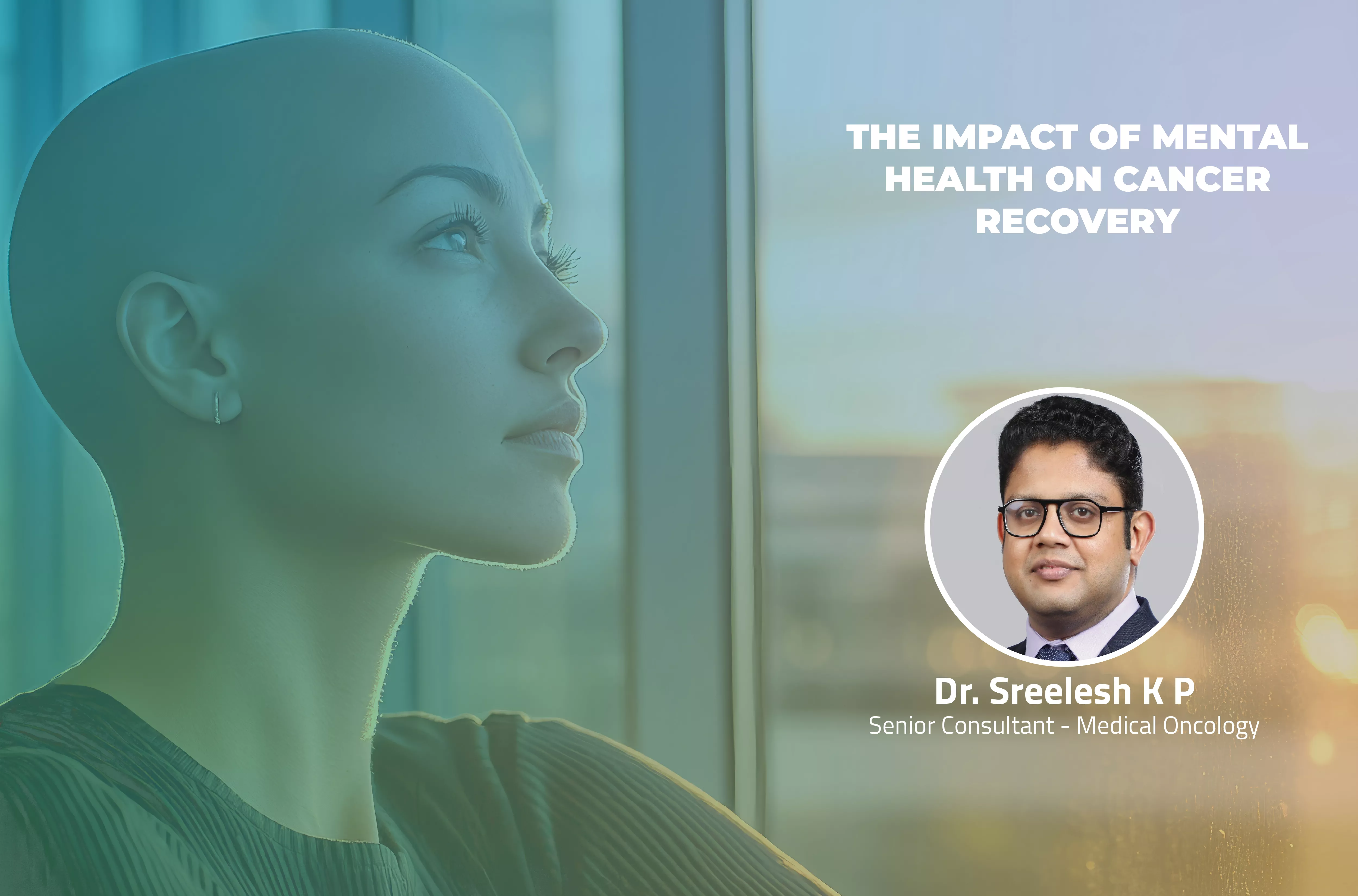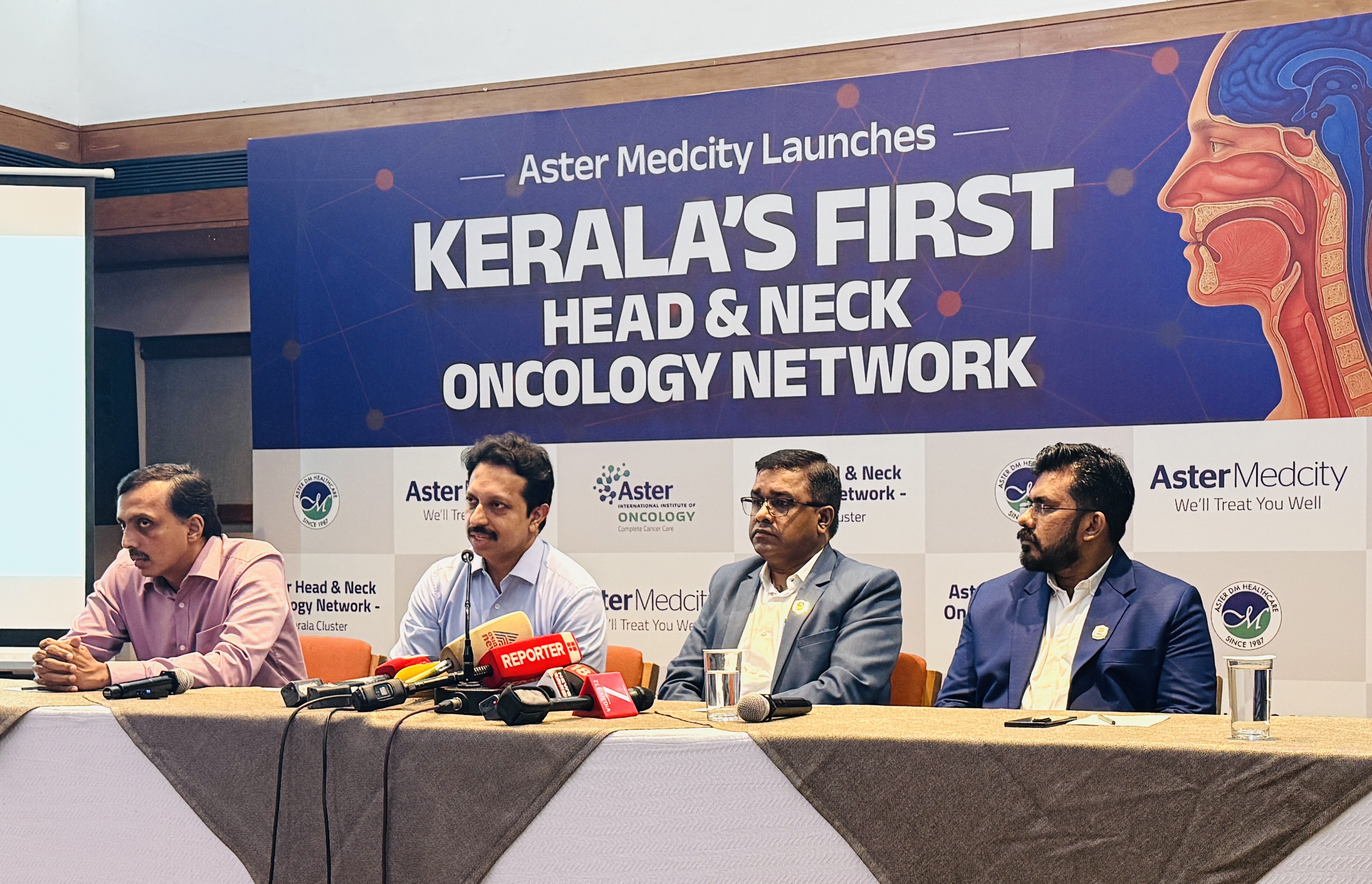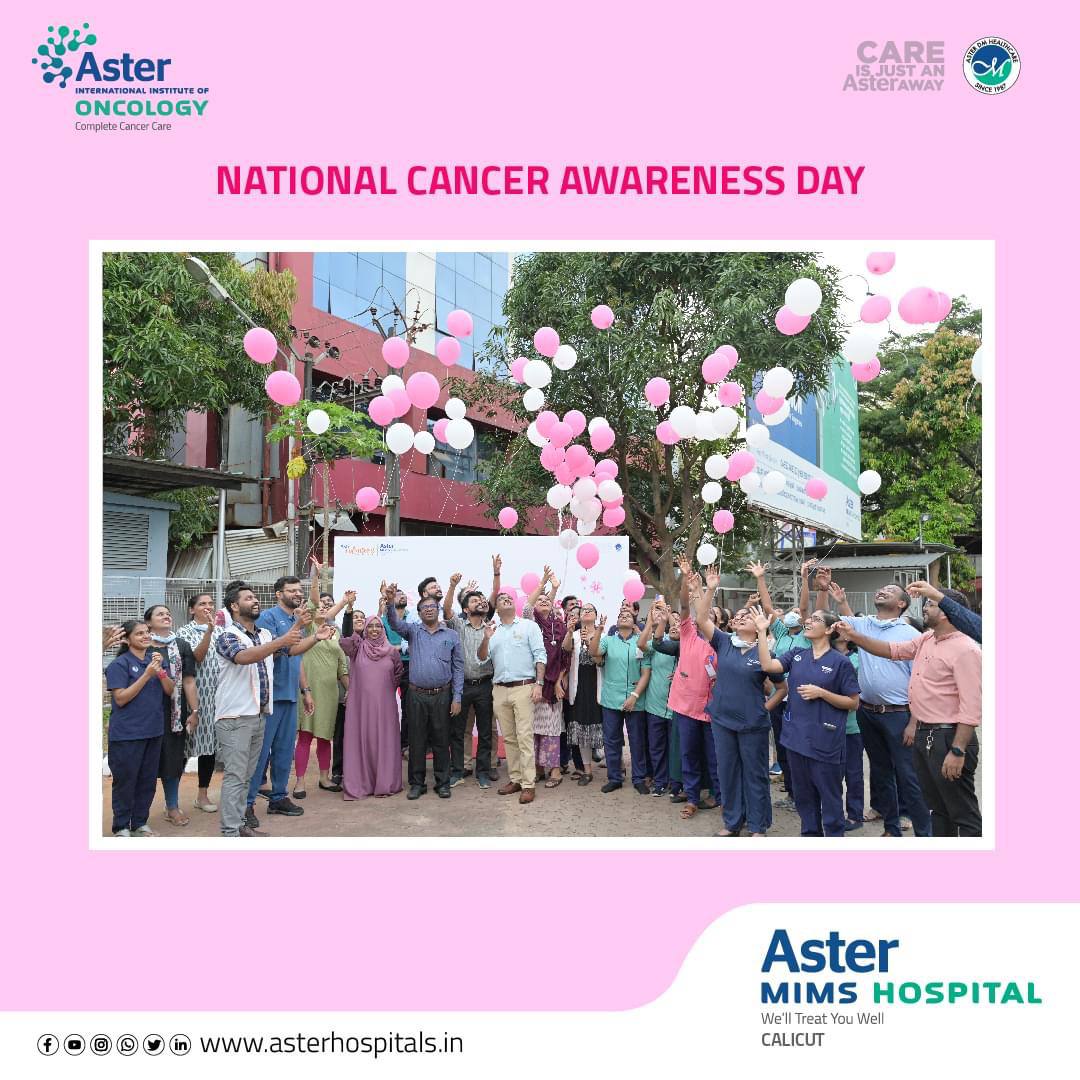The Head and Neck oncology department at Aster Hospitals is a site-specific oncology unit providing comprehensive and personalized care to head and neck cancer patients. The department aims to provide the best oncological outcome for head and neck cancer patients with a focus on the quality of life. The Head and Neck Surgery team works in close coordination with the multi-disciplinary team comprising of medical oncology, radiation oncology, onco-pathology, radiology, nuclear medicine, pain & palliative medicine, plastic and reconstructive surgery, maxillofacial surgery, speech and swallow therapists to plan an individualized and evidence-based treatment for all head and neck cancer patients across stages and types
Our Doctors
We have some of the best specialists from around the world, they bring years of experience and offer evidence-based treatment to ensure the best care for you.
Treatments & Procedures
We provide comprehensive treatment for all types diseases under one roof. Our highly experienced doctors supported by especially trained clinical staff, ensure the best care for you.
Advanced Technology & Facilities
Well equipped with the latest medical equipment, modern technology & infrastructure, Aster Hospital is one of the best hospitals in India.
Aster Hospitals, for the first time in Kerala, introduces Robotic Surgery with da Vinci Robot- a highly advanced surgical Robot that performs minimally invasive surgeries with utmost precision. What can be called the next level in surgery, the da Vinci Robot has multi-limbed surgical robot with tiny wrists that bend in all directions, offering precision, dexterity and fine manipulation beyond that of human hand. The Surgeon performs minimally invasive surgeries by manipulating three robotic arms and a video camera that are inserted through small skin incisions, while seated in front of a computer console with 3D video screen and controls. The option of Robotic surgery is available in the Urology, Cardiothoracic, Gynaecology, Oncology, Gastroenterology, Bariatric and Paediatric Surgery Departments at Aster Medcity.
Site specific disease management groups:
Haemato oncology and BMT
Neuro-Oncology,
Orthopedic Oncology,
Gastro Intestinal, hepatobiliary and pancreatic oncology group,
Womens Cancer clinics
Genito Urinary Oncology clinics
Pediatric Oncology group
Head and Neck oncology group
Thoracic Oncology group
ORI Fusion Digital Integrated Operation Theatres With 22 Operating Rooms that are on par with some of the largest in the world, Aster Medcity, for the first time South India, introduces ORI Fusion Digital Integrated Operation Theatres using Karlstorz OR1 Fusion - Asia Pacific’s first complete digital integration system.
The integration enables real-time sharing of images, videos and medical reports, which not only facilitates virtual participation from any location in the world, but also helps the rest of the surgical team to monitor the patient closely during the operative procedure, much to the benefit and safety of the patient undergoing the surgery.
Aster Medcity is also the first surgical facility in the state to offer Robotic Surgery using high-precision da Vinci Surgery Robot.
PET-CT scanning, and Nuclear Medicine Therapy using Radio-pharmaceuticals like Iodine-131
PET –CT based radiotherapy planning
CT scan based radiotherapy planning
CT Simulator
CT –MRI fusion
Image based interventional ooncology (RFA , TACE)
Early screening of cancers in the Breast, Cervix, Head and Neck, Colorectum, Prostate and Lung
Blogs
The source of trustworthy health and medical information. Through this section, we provide research-based health information, and all that is happening in Aster Hospital.
News & Events
Stay updated with the latest happenings at Aster Hospitals. Explore our News and Events section for insightful articles, health tips, upcoming events, and noteworthy achievements.


